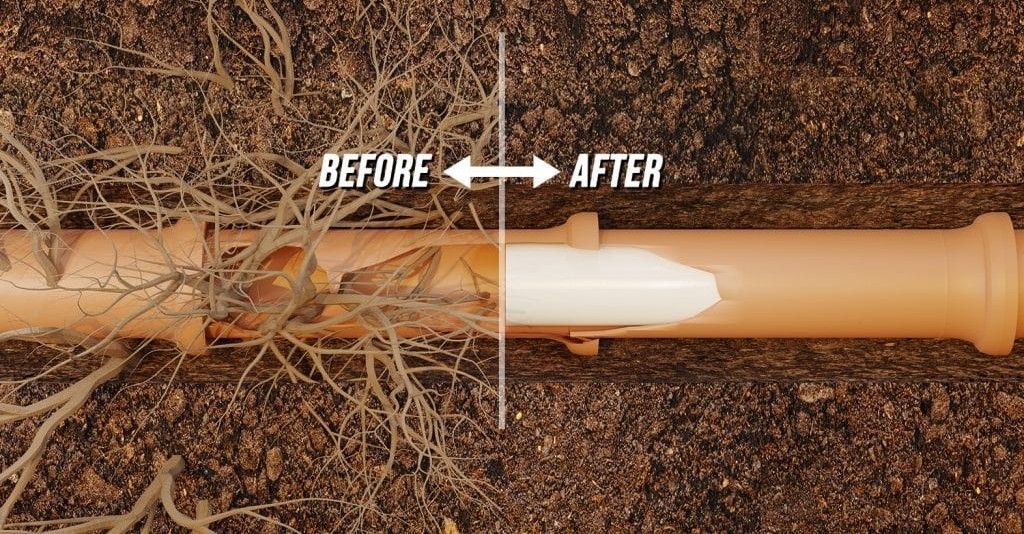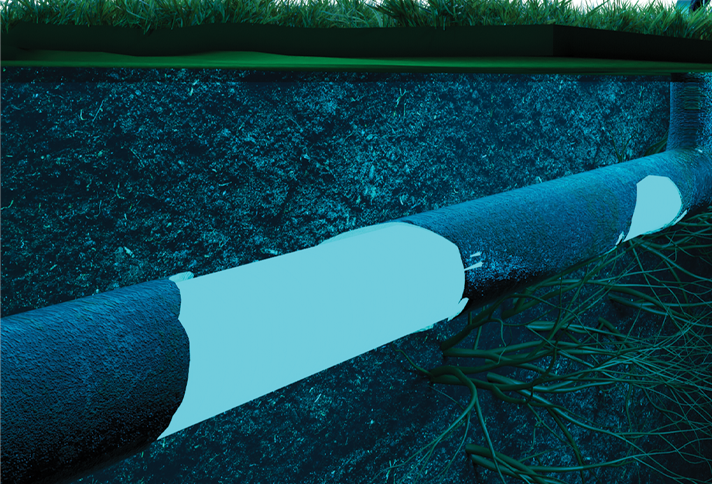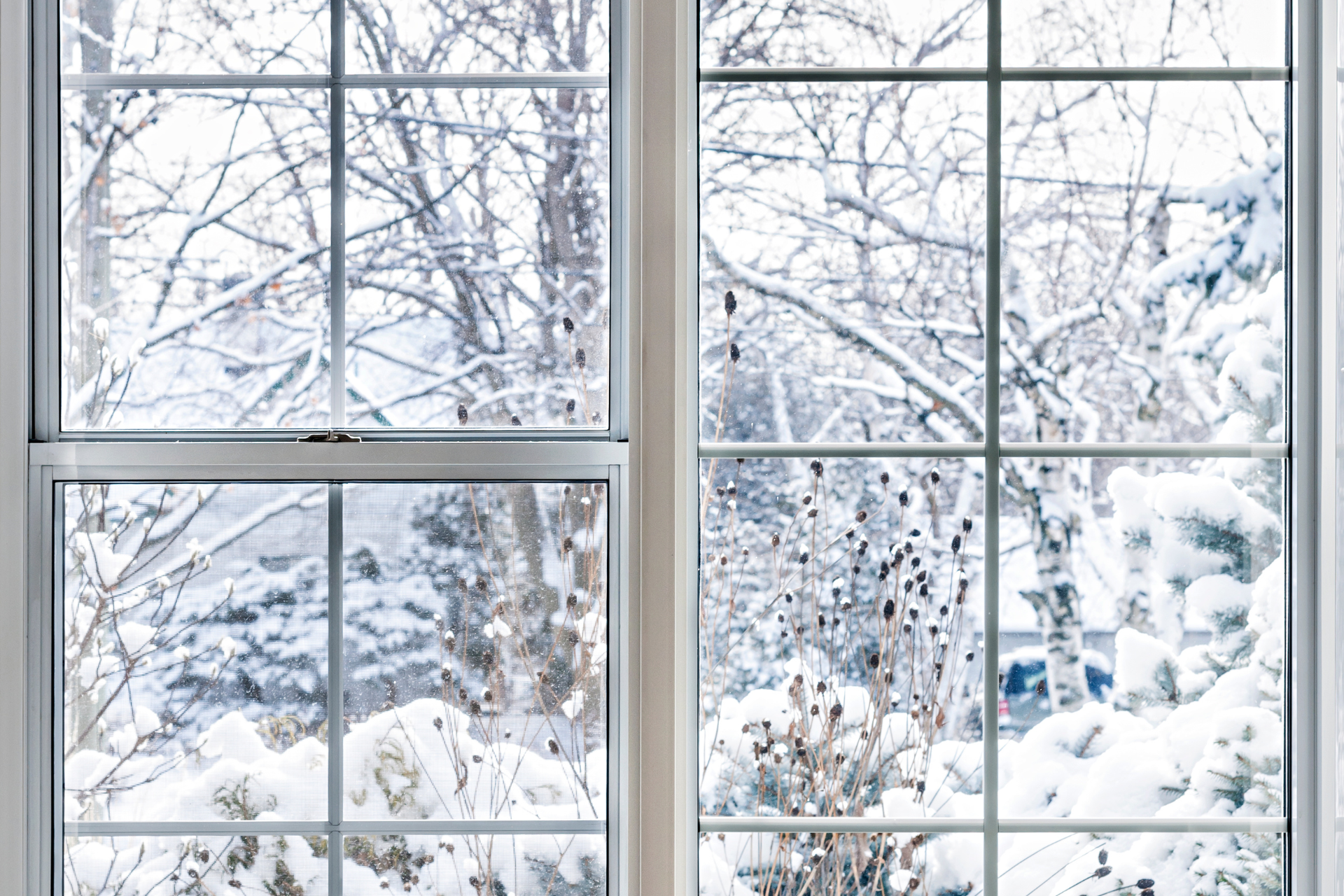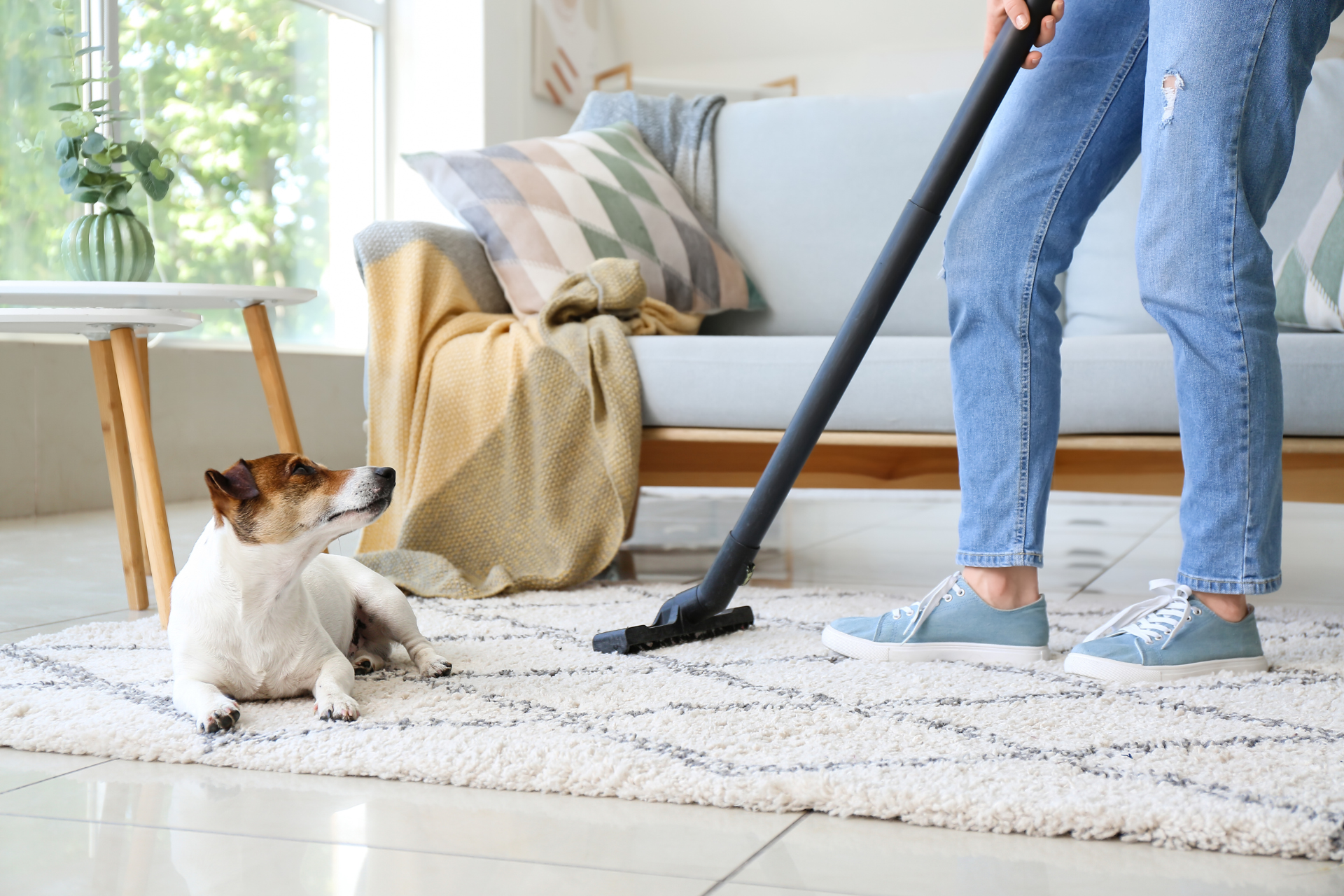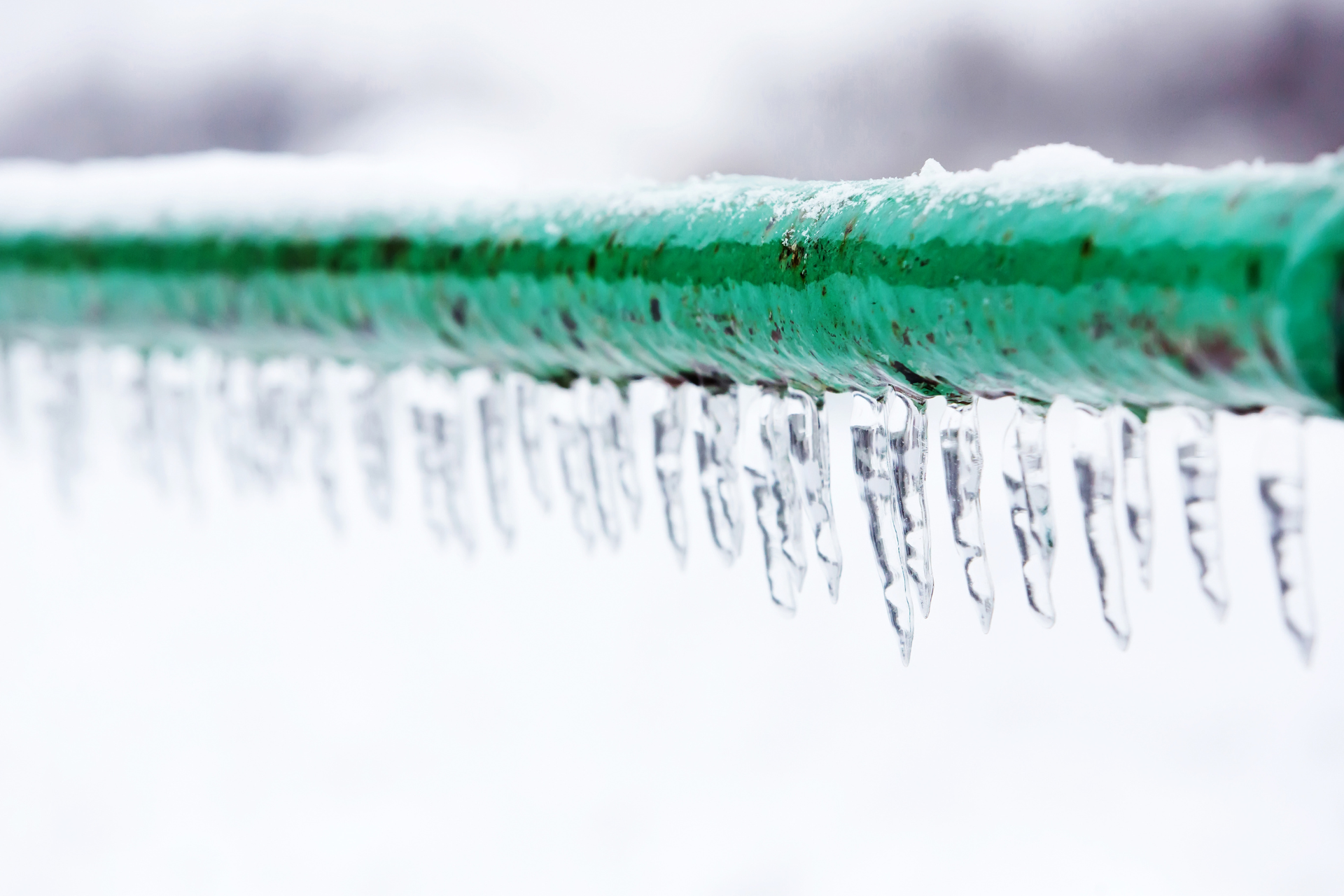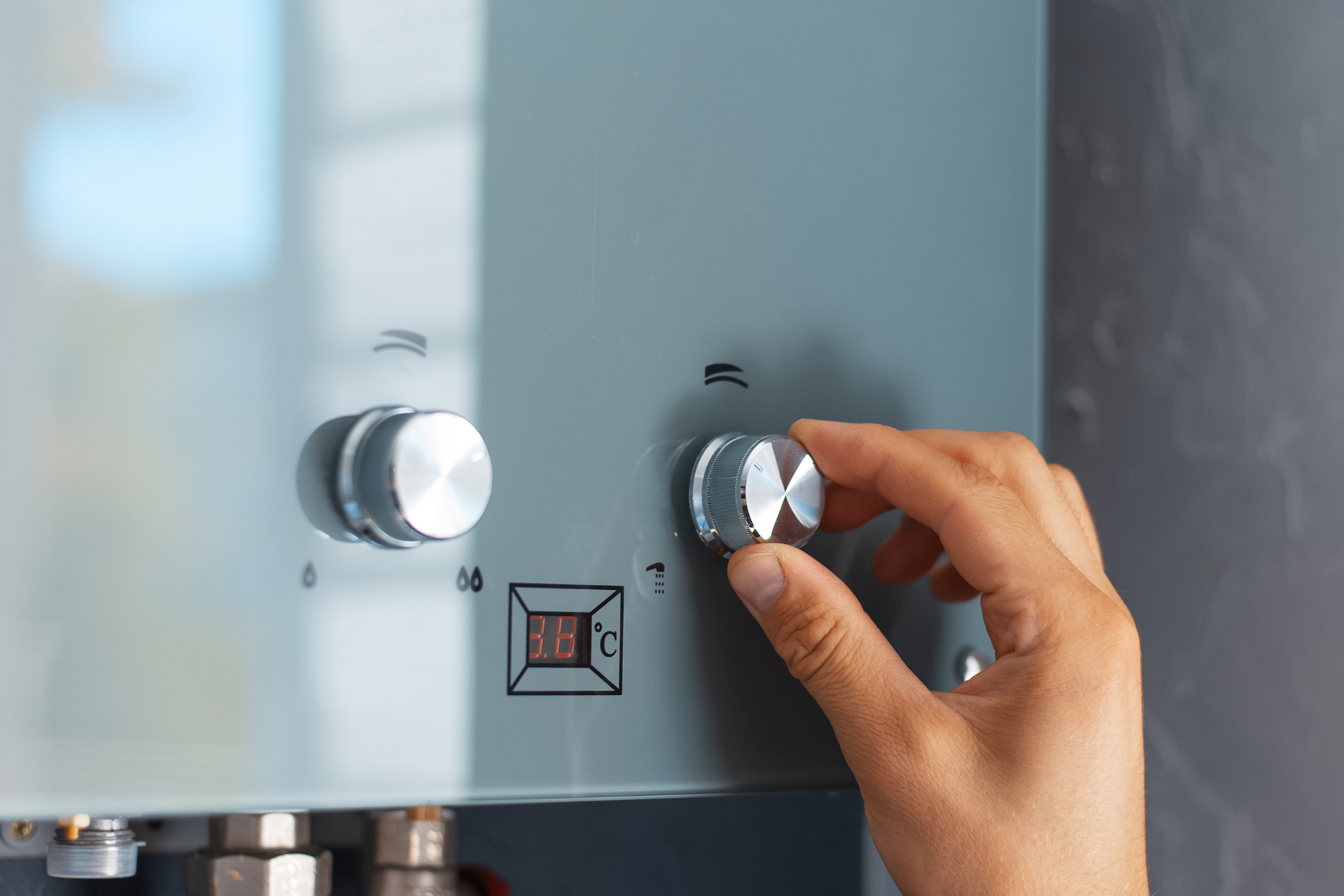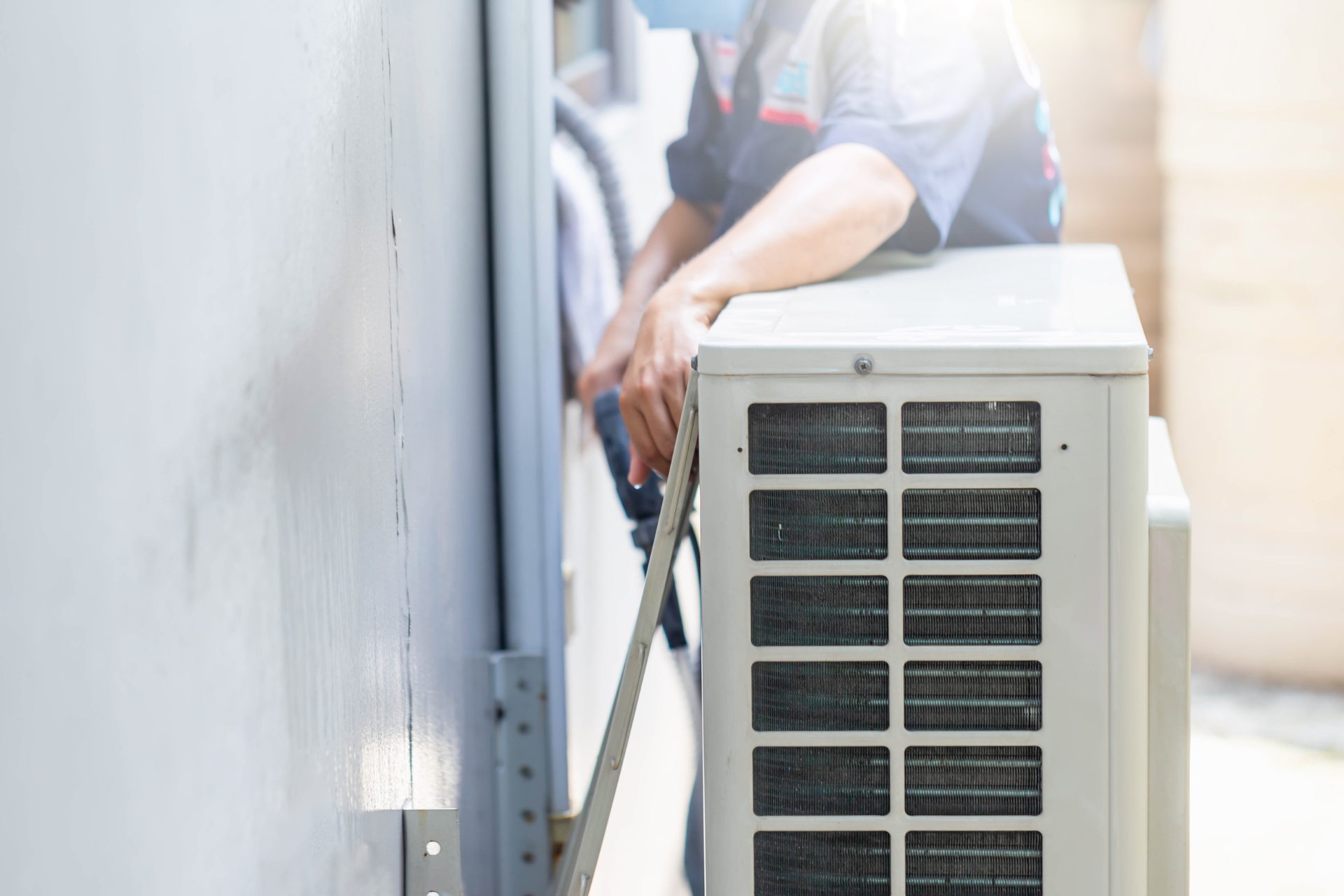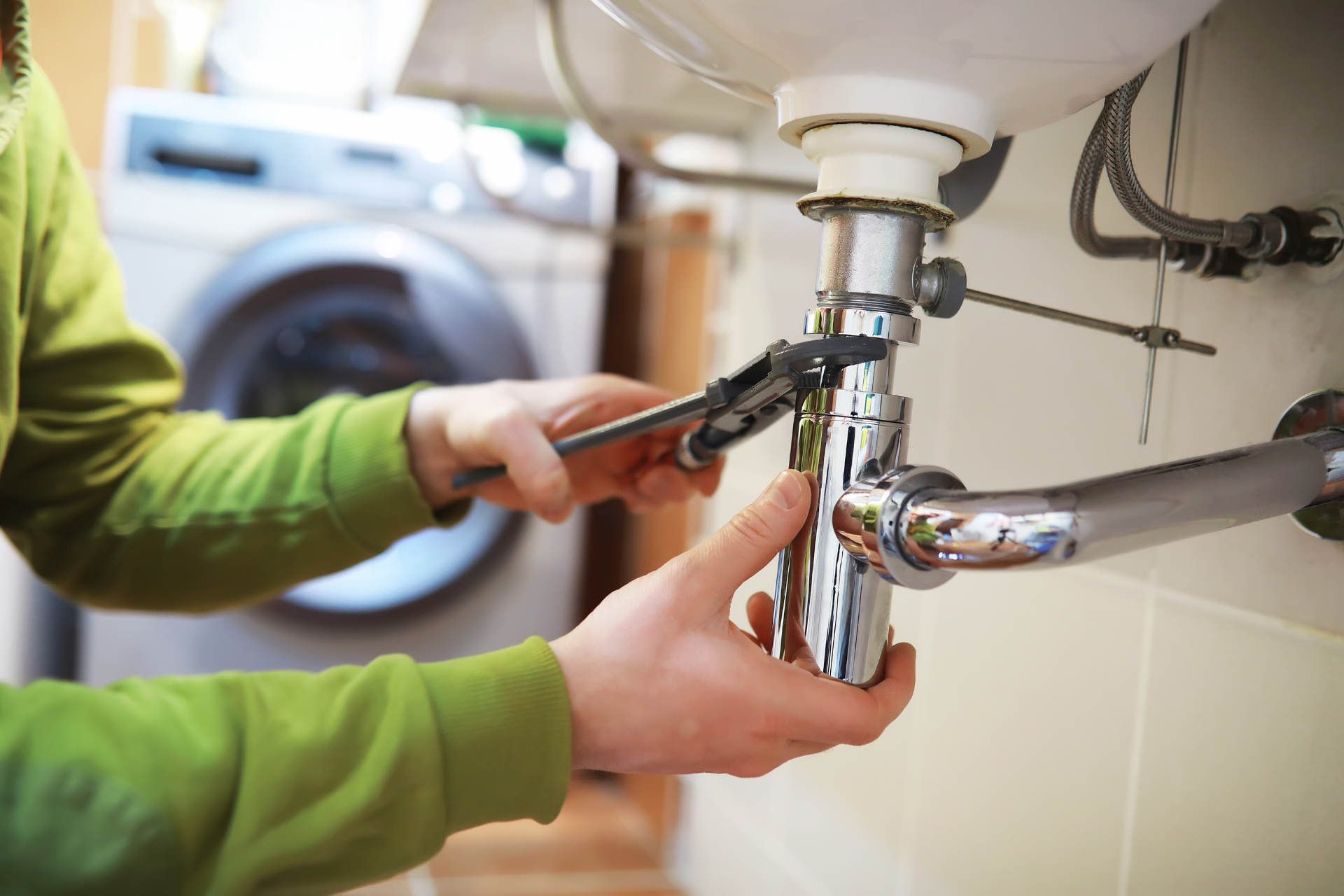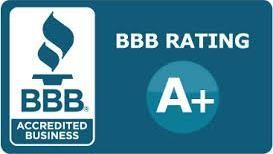How to Prevent Your Pipes from Freezing This Winter
Winter is a beautiful season, but it can also bring some challenges, especially when it comes to your home's plumbing. Frozen pipes are a common issue that can cause significant damage if not addressed properly. At Riverway Plumbing & Mechanical, we want to help you protect your home from the potential hazards of freezing pipes. This guide will provide you with practical tips to prevent your pipes from freezing and what to do if they do freeze.
Why Preventing Frozen Pipes is Crucial
Frozen water pipes can lead to severe consequences, including:
- Flooding due to burst pipes
- Damage to your furnace
- Structural damage to your home
- Potential for mold growth
Even a small crack in a pipe can result in hundreds of gallons of water flooding your home. Pipes can freeze and burst when temperatures dip below 32 degrees Fahrenheit, affecting homes in both cold and warmer climates. By following the preventative measures below, you can reduce the risk of frozen pipes and the resulting property damage.
Tips to Prevent Frozen Pipes
1. Insulate Your Pipes
Exposed pipes are more susceptible to freezing. Insulate pipes in your home's crawl spaces and attic, even if you live in a climate where freezing is uncommon. Pipe insulation is an affordable and effective way to protect your plumbing.
2. Use Heat Tape or Heat Cables
Heat tape or thermostatically-controlled heat cables can be used to wrap pipes. Choose products designed for your specific use (interior or exterior) and approved by an independent testing organization, such as Underwriters Laboratories Inc. Follow the manufacturer's installation and operation instructions carefully.
3. Seal Leaks
Check for air leaks around electrical wiring, dryer vents, and pipes. Seal any leaks with caulk or insulation to help keep the cold out. Preventing cold air from entering your home is a crucial step in keeping your pipes from freezing.
4. Secure Outdoor Hoses, Valves, and Faucets
Before winter sets in, disconnect garden hoses and, if possible, use an indoor valve to shut off and drain water from pipes leading to outside faucets. This can help prevent freezing in the short span of pipe just inside the house.
5. Let Water Drip
Allowing a trickle of warm water to drip overnight when temperatures are cold can prevent your pipes from freezing. This is especially effective for faucets on exterior walls.
6. Adjust the Thermostat
Keep your thermostat set at the same temperature day and night. During extreme cold, this can also reduce the strain on your furnace and help prevent frozen pipes.
7. Open Cabinet Doors
Opening cabinet doors allows heat to reach un-insulated pipes under sinks and appliances near exterior walls.
What to Do If Your Pipes Freeze
If your pipes do freeze, don't panic. Here are some steps to take:
1. Call a Plumber
If you turn on your faucets and nothing comes out, leave the faucets turned on and contact your plumber immediately.
2. Avoid Open Flames
Never try to thaw a pipe with a torch or other open flame, as this can create a fire hazard.
3. Use a Hair Dryer (With Caution)
You may be able to thaw a frozen pipe using a hair dryer. Ensure you are not in or near standing water or flammable materials. Start by warming the pipe as close to the faucet as possible, working towards the coldest section of the pipe.
4. Shut Off the Water Supply
If your water leak detection system goes off or your pipes burst, turn off the water at the main shutoff valve in your house. Ensure everyone in your family knows where the shutoff valve is and how to operate it.
By taking these steps, you can help prevent your pipes from freezing and protect your home from potential water damage. For more information or assistance with winter home maintenance, contact Riverway Plumbing & Mechanical. We're here to help you stay warm and worry-free this winter.
